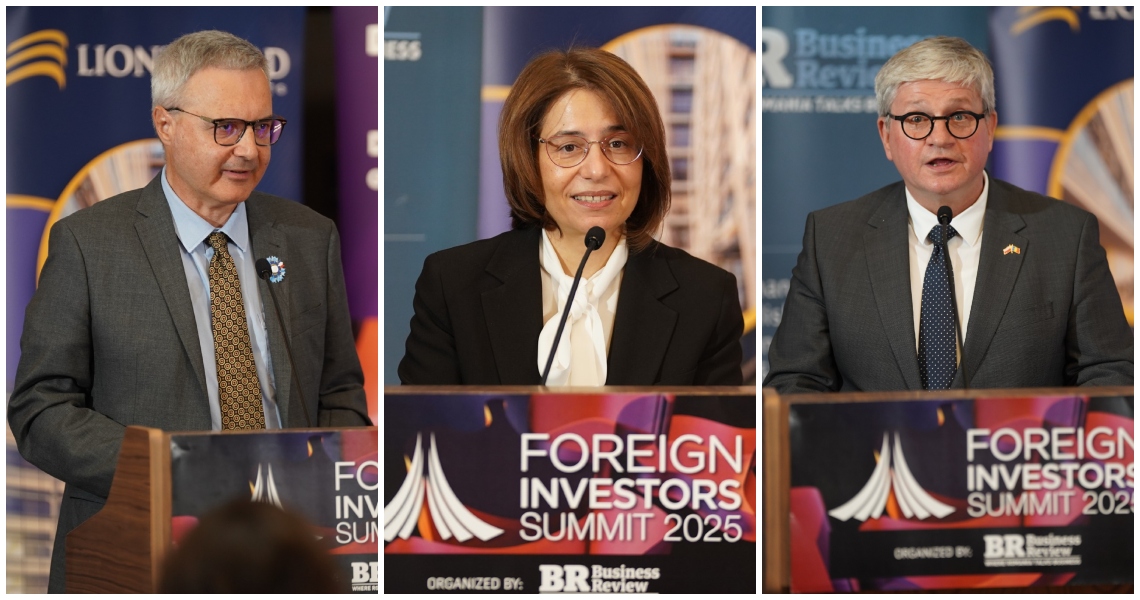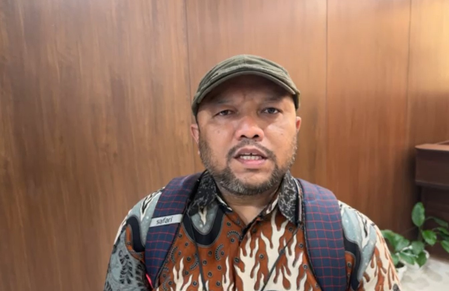Copyright business-review

At the 12th edition of Business Review’s Foreign Investors Summit, the ambassadors of France, Greece, and Poland delivered keynote speeches that underscored a shared vision for Romania’s role in a changing Europe, one defined by trust, resilience, and strategic connectivity. Representing three of Romania’s key partners within the European Union, H.E. Nicolas Warnery, H.E. Evangelia Grammatika, and H.E. Paweł Soloch each offered a distinct perspective on how their countries’ bilateral ties with Romania are evolving amid a shifting geopolitical and economic landscape. France: Trust as the foundation for economic resilience Opening the first session of the day, H.E. Nicolas Warnery, Ambassador of the French Republic, spoke about the need to rebuild mutual trust in uncertain times. Acknowledging the broader global instability, from political to military challenges, the ambassador emphasized Romania’s emerging status as a key economic and political hub in Southeastern Europe, not a peripheral player. “Foreign investment has been one of the main drivers of Romania’s extraordinary growth over the past two decades, and it should continue to be,” he said, calling trust the “key” to maintaining investor confidence and national optimism. Ambassador Warnery highlighted Romania’s industrial strength, energy independence, and talent base as major assets for investors. He praised the country’s progress toward OECD accession, an effort France “fully supports,” and pointed to French investments by companies such as Renault, Michelin, Engie, Airbus, Veolia, Alstom, Orange, and BRD as proof of long-term commitment. Greece: A strategic partner for connectivity and energy security H.E. Evangelia Grammatika, Ambassador of the Hellenic Republic, focused on the historic ties and growing economic partnership between Greece and Romania. Greek investment in Romania has steadily expanded, with over 2,000 active Greek-owned companies contributing to around EUR 5.5 billion in annual turnover and 20,000 jobs. Ambassador Grammatika described Greece as both a regional model for reform and a supportive ally in Romania’s modernization and OECD accession process. “Greece stands by Romania’s side to provide not only political support but also technical know-how,” she said, noting that both countries share EU and NATO values, as well as strategic regional responsibilities. Her address emphasized connectivity, resilience, and energy security as central to Southeast Europe’s future. From the vertical gas corridor linking Greece, Bulgaria, and Romania to the planned Baltic–Black Sea–Aegean (BBA) corridor, Grammatika outlined how trilateral coordination is reshaping the region’s infrastructure and energy independence. “Together, we can ensure a peaceful and secure future for Europe,” she concluded. Poland: Deepening economic and strategic cooperation Closing the diplomatic keynote segment, H.E. Paweł Soloch, Ambassador of the Republic of Poland, highlighted the record levels of trade and investment between Poland and Romania, with bilateral turnover exceeding EUR 11.7 billion in 2024, a historic high. “Poland and Romania are drawing closer together politically, socially, and economically,” he stated. He pointed to examples of Polish companies successfully operating in Romania, from PESA Bydgoszcz, which delivers modern rail infrastructure, to Maspex, the group behind the recent acquisition of Purcari Wineries, and Froo, a fast-growing convenience store chain. Ambassador Soloch also emphasized the growing potential for cooperation in energy and defense, noting shared priorities in nuclear energy development, armaments, and technology exchange. “Our defense industries are increasingly interested in joint projects,” he said. Connectivity, he added, remains crucial, not only for economic integration but also for supporting Ukraine’s reconstruction and strengthening regional resilience. A shared message: Romania as a central player in Europe’s future While addressing different dimensions, trust and stability (France), infrastructure and energy (Greece), trade and security (Poland), all three ambassadors converged on a central theme: Romania’s growing strategic and economic importance in Europe. Their remarks reiterated the Foreign Investors Summit’s overarching message, that sustained collaboration between public institutions, foreign partners, and investors is key to unlocking the next chapter of Romania’s development. As Ambassador Warnery concluded, “Romania must trust its own ability to attract and retain capital, to open further to the world, and to continue on this path. Mutual trust is the key.”



